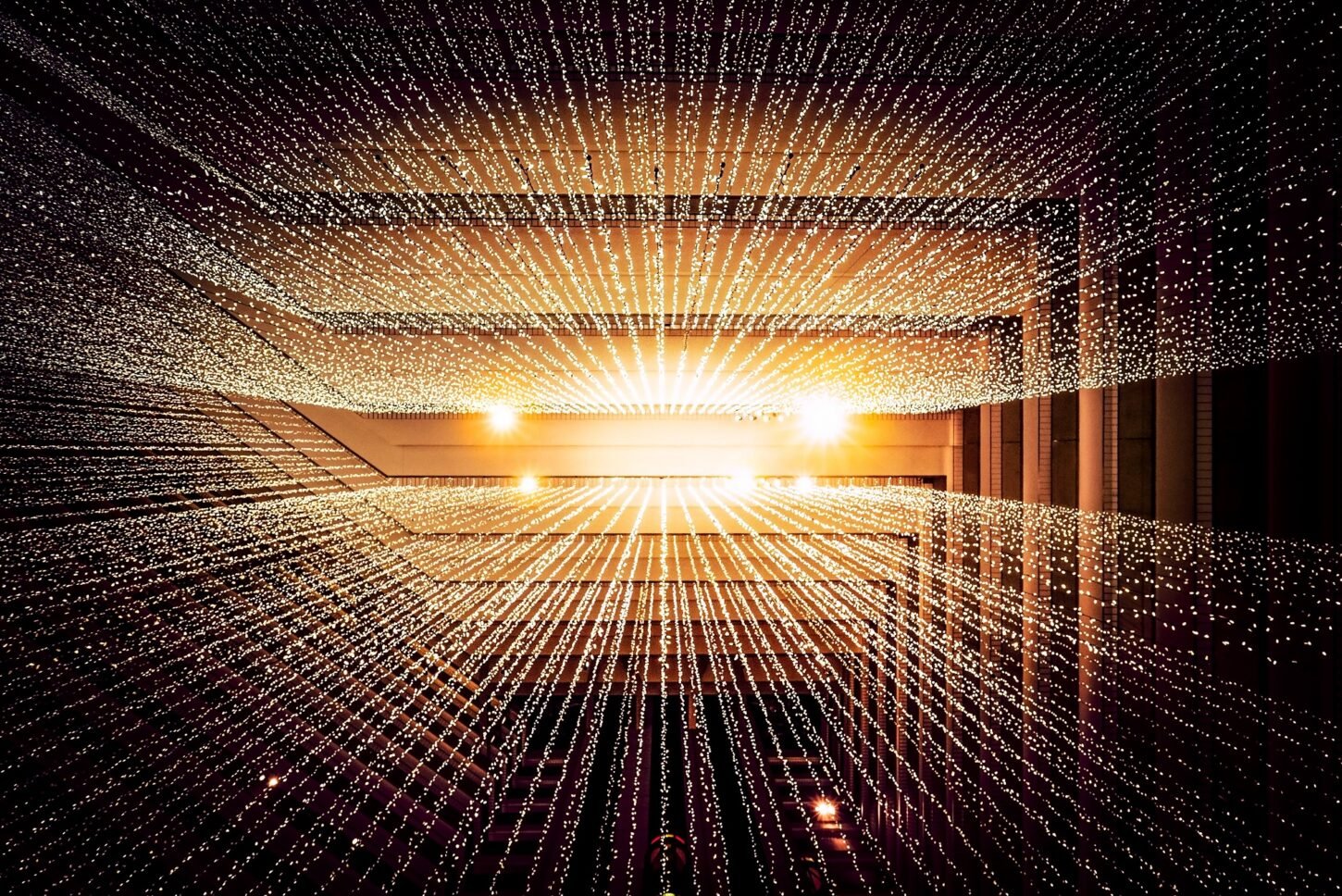I thrive on automating routine and repetitive tasks. This aptitude poses a significant threat to jobs in certain sectors, notably manufacturing, transportation, and customer service, which could lead to widespread job displacement.
The Debate: Is Displacement Overstated?
But is this fear of job displacement justified or exaggerated? While some workers face the brunt of AI-driven automation, experts contend that the creation of new jobs could balance out this loss.
The Birth of New Opportunities
The Need for Reskilling and Upskilling
While job displacement looms large, AI also opens doors to new job opportunities. However, this shift calls for different skill sets, posing challenges for those needing to reskill or upskill to stay relevant in the competitive labour market.
The Growth of Data Science, Cybersecurity, and AI Development
One silver lining is the predicted rise in jobs related to data science, cyber security, and AI development. This growth signals an array of opportunities for adaptable workers.
Redefining Work in the AI Era
The Shift Towards Complex and Creative Tasks
As AI takes over routine tasks, workers are expected to focus on complex and creative tasks. This change signifies a shift in the nature of work in many industries.
Potential for Insecurity and Inequality
However, this shift could also lead to increased job insecurity and inequality, with workers potentially finding themselves in lower-paid, less secure positions. But on the flip side, it also holds the potential to create more fulfilling jobs that require high levels of creativity and critical thinking.
The Imperative of Reskilling and Upskilling
The Need for Collaboration and Investment
With the changing face of the labour market, the onus of upskilling and reskilling falls on workers. Governments, employers, and educational institutions must join hands to invest in education and training programs, ensuring workers adapt to new technologies and forms of work.
Charting a Course for the Future: A Conclusion
Embracing the Complexity and Rapid Evolution
The AI impact on the labor market is intricate and rapidly evolving. Yes, certain industries face job displacement, but opportunities for job creation and productivity improvements also emerge.
Ensuring a Fair and Smooth Transition to AI Integration: The Path Forward
Transforming Threat into Opportunity
The apprehension surrounding AI’s potential to disrupt jobs is valid, but it’s crucial to view AI as an opportunity rather than a threat. Remember, each industrial revolution in history has brought about job displacement. Still, they also ushered in entirely new job sectors that were unfathomable before.
AI: The Ultimate Job Creator?
As AI continues to evolve, we can expect the birth of jobs that don’t exist today. For instance, as autonomous vehicles become the norm, new industries will emerge, creating jobs for remote operators, fleet coordinators, and even autonomous vehicle ethicists who will be tasked with programming ethical decisions into self-driving systems.
Balancing Efficiency and Empathy
While AI can outperform humans in terms of efficiency and precision, jobs requiring human empathy, creativity, and complex decision-making will continue to be dominated by humans. The healthcare and social care sectors, for example, can benefit from AI in administrative tasks, but the core service, driven by human compassion, cannot be automated.
Embracing Lifelong Learning
The Culture Shift
In the wake of AI revolution, the culture of ‘learn once, work forever’ is shifting to ‘lifelong learning’. To stay relevant in this fast-paced AI-driven world, workers must commit to ongoing learning, constantly updating their skills and adapting to new technologies and methodologies.
Collaboration is the Key
The need of the hour is collaboration. Employers should actively invest in their employees’ learning, providing opportunities for training and development. Governments, on the other hand, can play a vital role by implementing policies supporting lifelong learning and subsidizing educational programs that are aligned with the future labor market needs.
AI’s Impact on Labor: A Journey, Not a Destination
It’s important to understand that the impact of AI on the labor market is not a fixed outcome but a journey. As we navigate this journey, we need to continually reassess our strategies, learn from our experiences, and be ready to change course as necessary. With flexibility, adaptability, and collaboration, we can ensure that the AI revolution is a boon for everyone in the labor market. Together, we can shape the future of work in the AI era.
The growing influence of Artificial Intelligence (AI) has led to significant changes in the job market and the nature of work. While AI can increase productivity, efficiency, and create new job opportunities, it can also displace workers and exacerbate inequalities. In this article, we will examine the current state of the job market and the impact of AI on the workforce, as well as exploring potential scenarios and challenges that may arise in the future.
